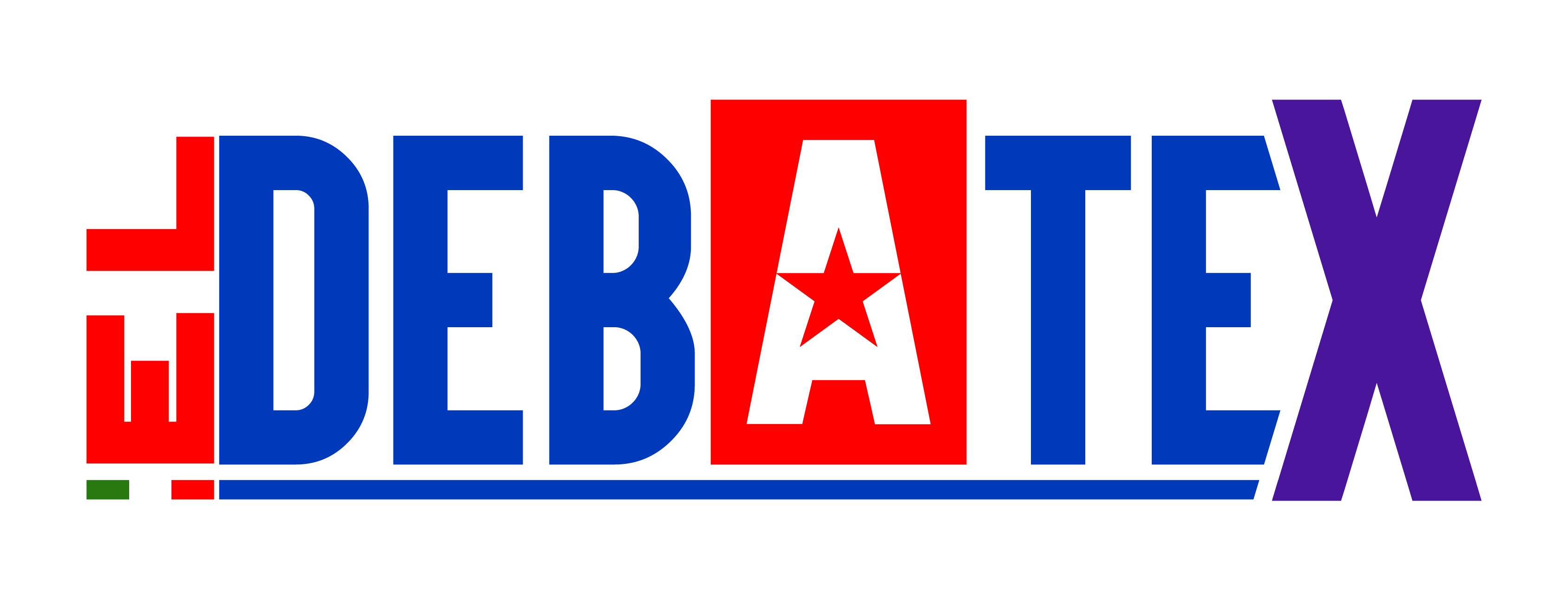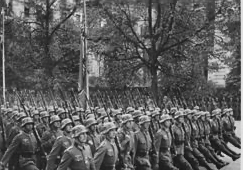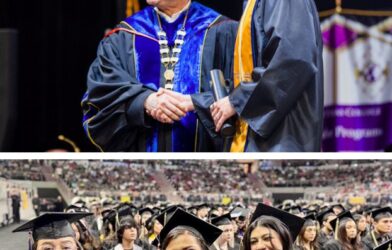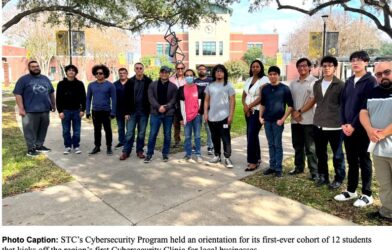IN SUMMARY

By Dr. Alfredo Cuéllar
The new school year begins with a guest that can no longer be ignored: artificial intelligence. From Google’s Gemini to ChatGPT’s tutoring mode, and Khan Academy’s Khanmigo, AI tools have entered education with a force that is difficult to contain. The initial response has been the usual: prohibitions, bans, and blocks. Yet history shows us that every attempt to suppress technology ends in failure.
From Phones to AI: The Repetition of a Pattern
Two decades ago, many U.S. school districts banned cell phones in classrooms. Today, amid concerns about distraction and mental health, similar measures are resurfacing. But the facts are clear: phones, tape recorders, computers, and the internet all became mainstream. The same will happen with AI. Banning it is a lost battle. The real discussion must focus on how it is used, under what rules, and for what purpose. As always, the key is to prepare teachers to guide students in its responsible use.
Risks That Cannot Be Overlooked
The dangers are real. Research shows that students who rely on AI from the start of an assignment perform worse: lower quality, less motivation, and reduced brain activity in areas associated with learning. In other words, over-delegating to AI can weaken critical thinking and reasoning skills.
At the same time, AI is already functioning as a machine of disinformation. In the hands of populists, drug traffickers, and organized crime, it becomes a power multiplier with consequences far beyond the classroom. Technology evolves much faster than legislatures bogged down by endless polarization.
Micropolitics as a Lens
This is where Micropolitics, the discipline I have developed over decades, comes in. On this issue, it can both help and hinder. On one hand, it sheds light on the invisible games of power: Who controls access to AI? Which actors—companies, governments, schools—benefit from restricting or opening the gates? Micropolitics reveals how teachers, principals, and even parents can wield AI as a tool of influence or control, creating asymmetries between students with supervised access and those using it clandestinely.
On the other hand, Micropolitics warns of the risks: poorly designed bans generate resistance, hidden alliances, and spaces of simulation. Worst of all, history shows that what is forbidden becomes the best marketing. As with poorly timed strikes, timing and strategy are key. A school that bans AI without offering pedagogical alternatives risks losing legitimacy among both students and parents.
Guidance for Parents, Teachers, and Governments
The answer does not lie in vetoes but in critical technological literacy. I propose several concrete measures:
- Complement, don’t replace. Parents and teachers must show students how to use AI as a complement, not a substitute for thinking.
- Controlled evaluations. Exams and assessments should be conducted without internet or AI access, ensuring that students demonstrate their own reasoning. Anticipating this, students will learn that indiscriminate use of AI—without awareness or critical thought—will lead to poor grades.
- Responsible regulation. Governments, U.S. school districts, Mexico’s education authorities, and counterparts in other nations must establish clear rules and strict age-verification systems to prevent minors from freely accessing tools not designed for them.
- Include families. AI literacy programs must involve parents and guardians, not just students.
- Promote local research. Nations and states should encourage continuous research to provide scientific evidence on the educational use of technology, particularly AI.
Conclusion
Like the telephone, the internet, or the computer, AI will ultimately prevail. Resistance is futile. The challenge is to teach how to use it with judgment and regulate it intelligently, preventing it from becoming either a weapon of manipulation or a substitute for thought. Micropolitics reminds us that the struggle for power is not only fought in parliaments and markets but also in classrooms, families, and every connected device. That is where the future of our students will be decided.
Dr. Alfredo Cuéllar is a specialist in Micropolitics, international consultant, and retired professor at California State University, Fresno. He has worked in dozens of universities, including Harvard. His articles focus on education, migration, politics, sociology, culture, and current affairs. Comments and inquiries: alfredocuellar@me.com












